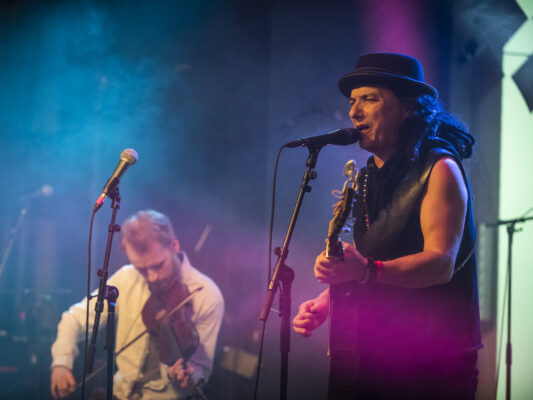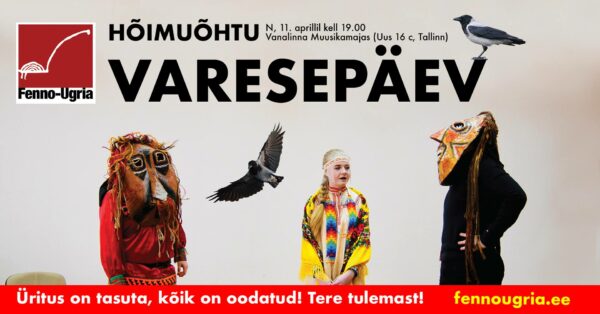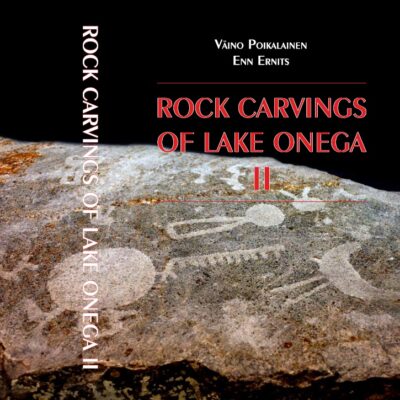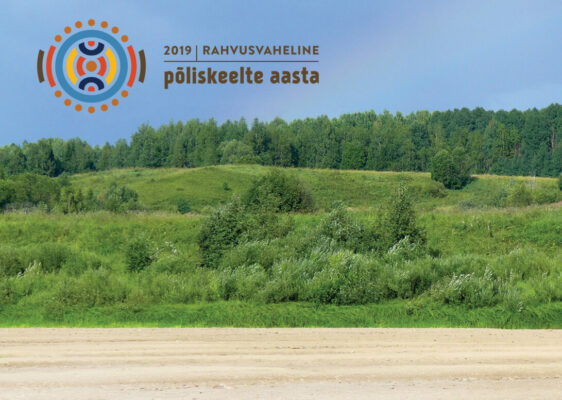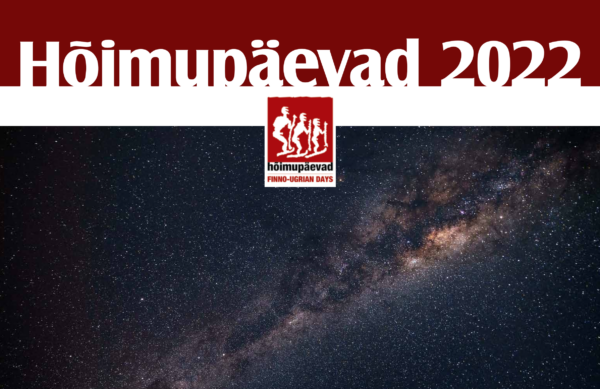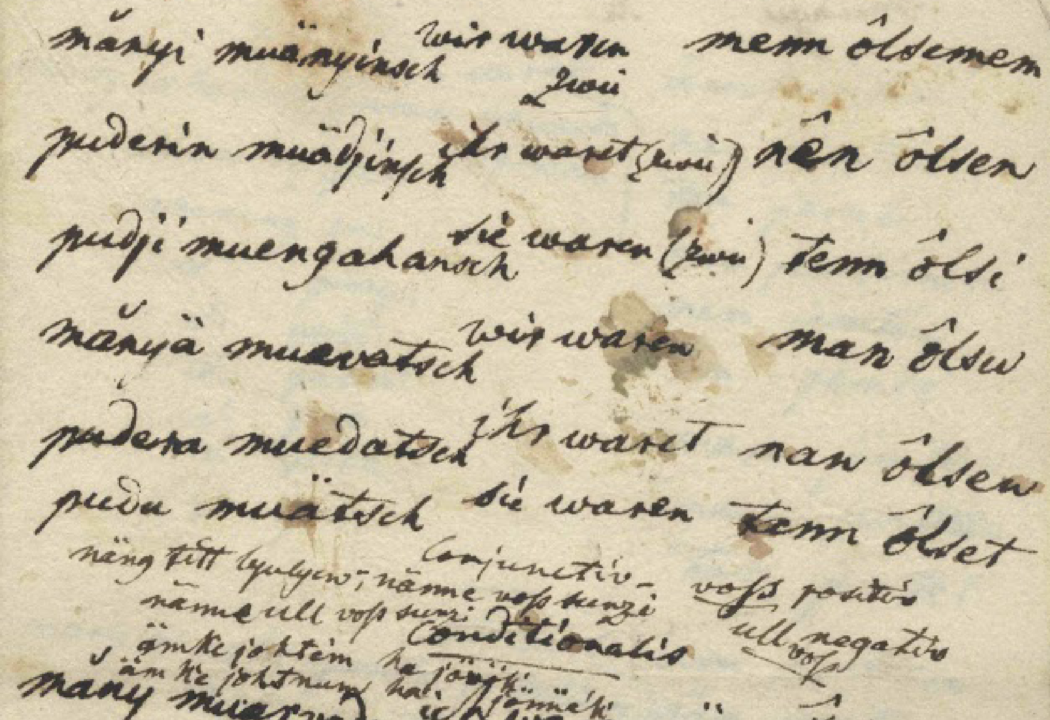
“The concept of freedom in the literatures of Eastern Europe”
This year´s conference of Fenno-Ugric peoples is dedicated to the Hungarian linguist, folklorist, ethnograper, anthropologist, cartographer and the founder of modern Fenno-Ugristics – Antal Reguly
The organising committee is Szilárd Tóth (chairman, Narva/Tallinn), Boris Baljasnõi (Tallinn), Enda Trubok (Narva), Roza Krillova (Izhevsk). Co-organisers are Ingrian Finnish Association in Narva, the Embassy of Finland (Tallinn), members of the board of the Yearbook of Finno-Ugric Studies (Izhevsk).
The event is supported by the Eesti Kultuurkapital, Balassi Institute (Tallinn) and Wacław Felczak Foundation (Budapest).
Celebrating the week Finno-Ugric peoples has become a tradition in Narva. The first conference “The concept of freedom in the literatures of Eastern Europe” took place in Narva in 2013 and from then on, the conference has been organised biennially. In 2015, it was dedicated to the literary scholar and poet Toomas Liiv (1946-2009), who has also worked in Narva College. The conference of 2017 celebrated the 500th anniversary of reformation and the memory of the Hungarian poet ja literary scholar János Arany (1817-1882).
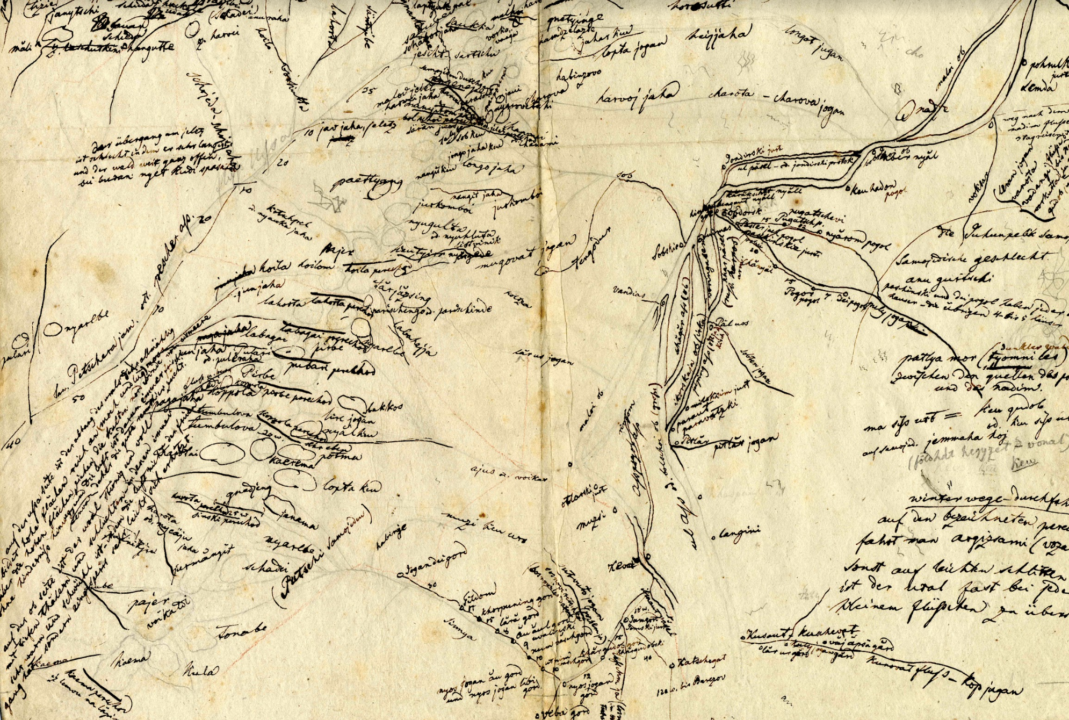
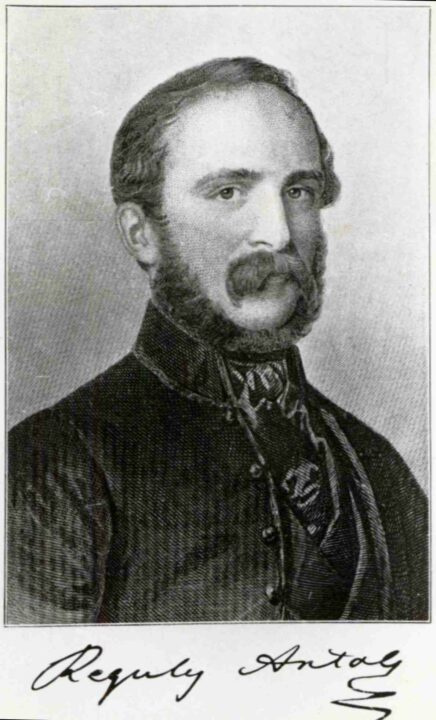
Antal Reguly 
This year´s conference of Fenno-Ugric peoples is dedicated to the Hungarian linguist, folklorist, ethnograper, anthropologist, cartographer and the founder of modern Fenno-Ugristics – Antal Reguly. Reguly was born 200 years ago, on the 11th of July, in Zirc, and died in 1858 in the city of Buda. He carried out considerable fieldwork in Volga and Ural area, where he collected a large body of material in Mansi, Khanty, Mari, Mordvinic, and Chuvash languages. Reguly is also known as the translator of the Finnish national epic Kalevala. Several Finno-Ugric literatures have developed from the basis of the folklore collected in the 19th century, making Reguly the founder of these literatures.
The conference is accompanied by a concert, book presentation, and an exhibition. We invite colleagues from the areas of literature, linguistics, folklore, music, ethnograpy, ethnology but also all visitors who are interested in Eastern European literature, folklore and music. The main theme of the events is national culture and the concept of freedom associated with it. A traditional part of the conferences is the concert of the Ingrian Finnish choir in Narva “Iloiset Ystävät”. The concert is open to all Narva people and the conference visitors. The choir´s repertoire includes more than a hundred pieces in Finnish, Estonian, and Ingrian Finnish dialects. The creative director of the choir is Tatjana Belan, cantor of EELC Narva St. Mary´s Church.
Please submit a short abstract of the talk (1500-2500 characters) by 10th September on the registration form and prepare slides or handouts to accompany the talk (not in the same language as your talk, if possible). The conference languages are Estonian, Russian, English, and German. A book of abstracts will be published by the time of the conference. The talks will be published in the pre-reviewed journal Yearbook of Finno-Ugric Studies and in the series Studia Humaniora et Paedagogica Collegii Narovensis. There is no participation fee for the conference.
